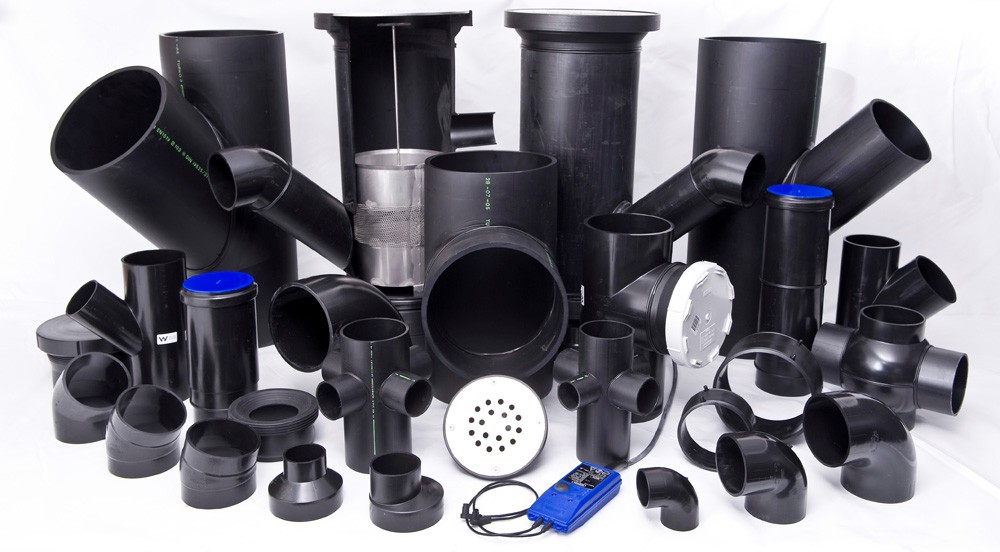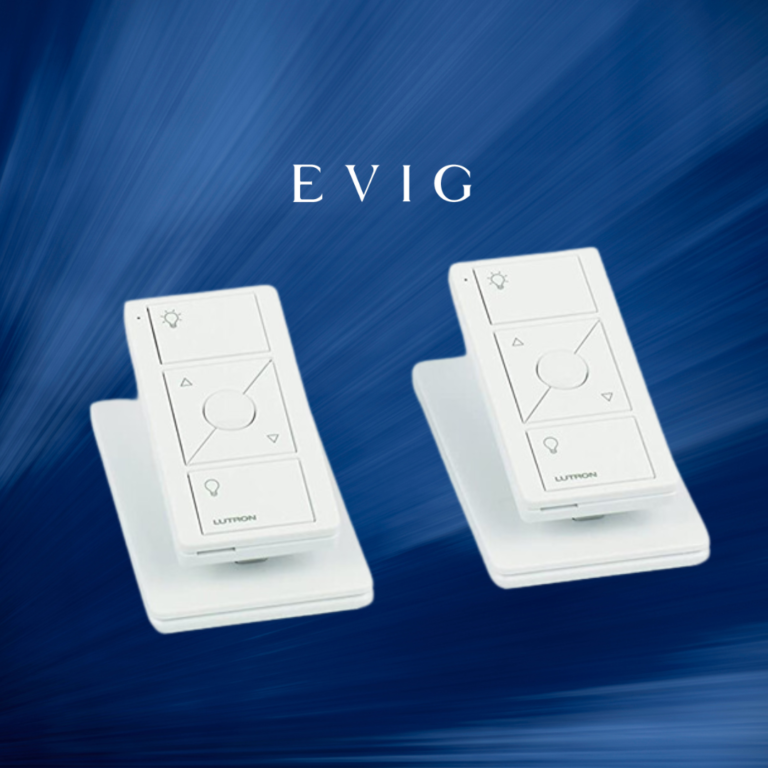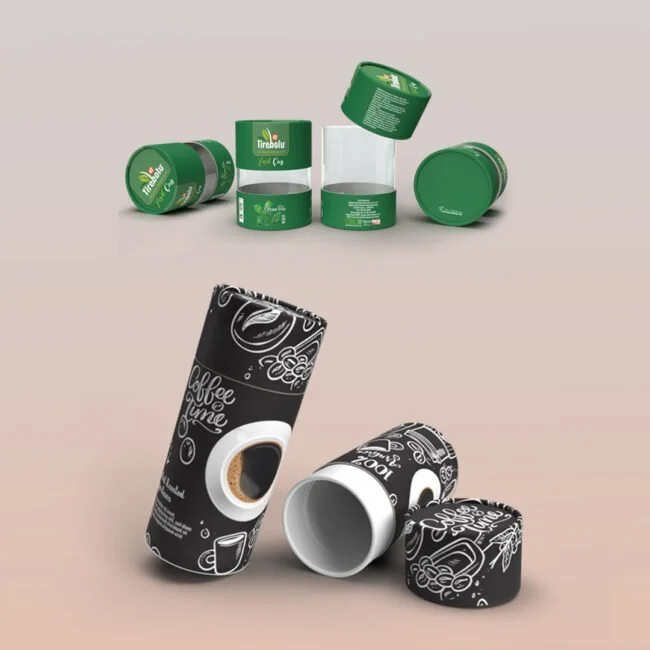Application of HDPE Socket Fittings in HDPE Pipe System
High-Density Polyethylene (HDPE) pipe systems have become increasingly popular in various industries due to their durability, flexibility, and cost-effectiveness. One essential component that enhances the performance and reliability of these systems is the HDPE socket fittings. Renowned brands like JS PIPE offer high-quality HDPE fittings, including socket fittings, which are crucial for ensuring secure and efficient connections in HDPE pipe systems. This article explores the construction, benefits, and diverse applications of HDPE socket fittings in HDPE pipe systems.
Construction of HDPE Socket Fittings
HDPE socket fittings are designed to connect HDPE pipes through a socket fusion process. The construction of these fittings involves several critical components and steps:
- High-Quality HDPE Material: HDPE socket fittings are made from high-grade HDPE resin, which provides excellent strength and durability. This material is resistant to various environmental stresses, including chemical exposure and physical impact.
- Precision Molding: The fittings are produced using precision molding techniques to ensure accurate dimensions and a perfect fit with HDPE pipes. This process includes heating the HDPE material and shaping it into the desired fitting design.
- Fusion Compatibility: Each fitting is designed for socket fusion, with smooth internal and external surfaces that ensure optimal contact with the pipe during the fusion process.
- Quality Control: Rigorous testing is conducted to ensure the fittings meet industry standards for pressure resistance, dimensional accuracy, and long-term performance. Only those that pass these stringent tests are marketed.
JS PIPE, a leading brand in the HDPE pipe industry, employs advanced manufacturing techniques and strict quality control measures to produce top-notch HDPE socket fittings. For more detailed specifications and to explore their range of products, read more about JS PIPE’s offerings.
Advantages of HDPE Socket Fittings
The use of HDPE socket fittings in HDPE pipe systems offers numerous benefits, making them a preferred choice in various industries:
- Secure and Reliable Joints: The socket fusion process creates strong, homogeneous joints that are leak-proof and resistant to external stresses. This ensures the long-term reliability of the pipe system.
- Ease of Installation: HDPE socket fittings are designed for straightforward installation, reducing the need for extensive training or specialized tools. This makes the installation process quicker and more efficient.
- High Durability: These fittings are highly resistant to corrosion, chemicals, and physical impact, ensuring a long service life even in harsh environments.
- Flexibility: HDPE socket fittings can accommodate slight movements and shifts in the ground, making them ideal for applications in seismic zones or areas with unstable soil conditions.
- Minimal Maintenance: Once installed, HDPE socket fittings require minimal maintenance, reducing the overall cost and effort associated with pipe system upkeep.
- Environmental Sustainability: HDPE is a recyclable material, and the use of socket fittings contributes to sustainable construction practices by minimizing waste and energy consumption.
Applications of HDPE Socket Fittings in HDPE Pipe Systems
HDPE socket fittings are used in a wide range of applications due to their versatility and reliability:
- Water Distribution Systems: These fittings are commonly used in municipal water supply networks, ensuring secure and leak-free connections for potable water distribution.
- Gas Distribution: In the gas industry, HDPE socket fittings provide safe and reliable connections for transporting natural gas and other gases.
- Sewage and Drainage Systems: In sewage and drainage systems, these fittings offer robust connections that can handle the corrosive nature of wastewater and effluents.
- Industrial Piping: Various industries utilize HDPE pipe systems for transporting chemicals, slurries, and other industrial fluids. The corrosion resistance of socket fittings makes them suitable for such applications.
- Agricultural Irrigation: HDPE socket fittings are widely used in agricultural irrigation systems, ensuring efficient and leak-free water distribution to crops.
- Mining: The mining industry employs these fittings for slurry transportation and tailings pipelines, where their durability and resistance to abrasion are essential.
- Geothermal Heating and Cooling: These fittings are used in geothermal systems, providing reliable connections that can withstand the thermal stresses associated with heating and cooling applications.
JS PIPE’s HDPE fittings are engineered to meet the diverse needs of these applications, offering reliable and efficient solutions for modern infrastructure projects. To explore the full range of products and understand how JS PIPE can enhance your piping systems, read more about their offerings.
Conclusion
HDPE socket fittings play a crucial role in ensuring the integrity and performance of HDPE pipe systems. With their superior construction and numerous advantages, HDPE fittings from JS PIPE are an excellent choice for a wide array of applications, delivering reliability, durability, and cost-effectiveness.
Keep an eye for more news & updates on Glamouruer.com






